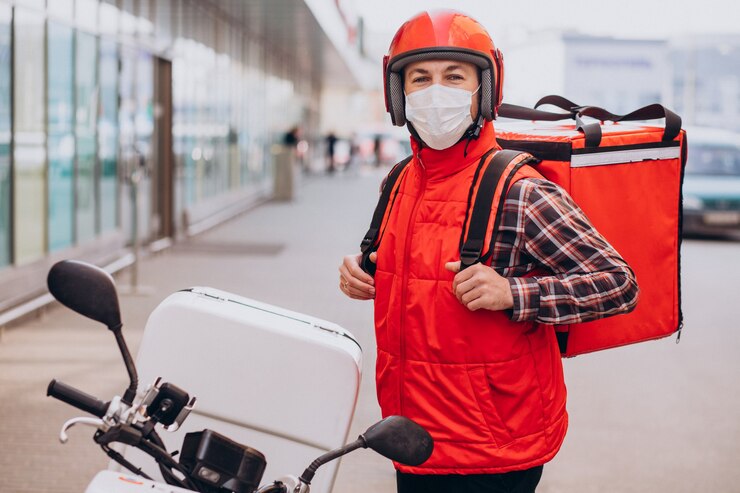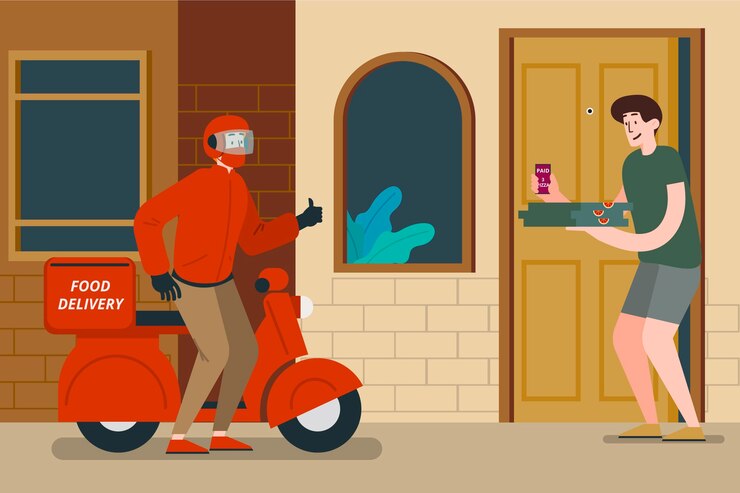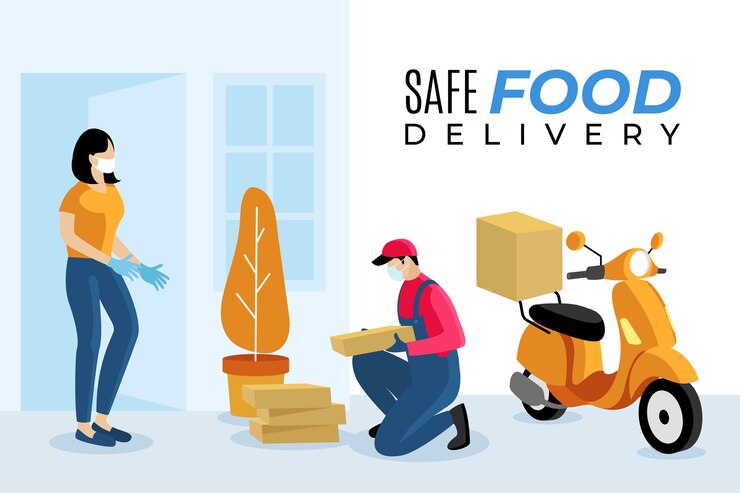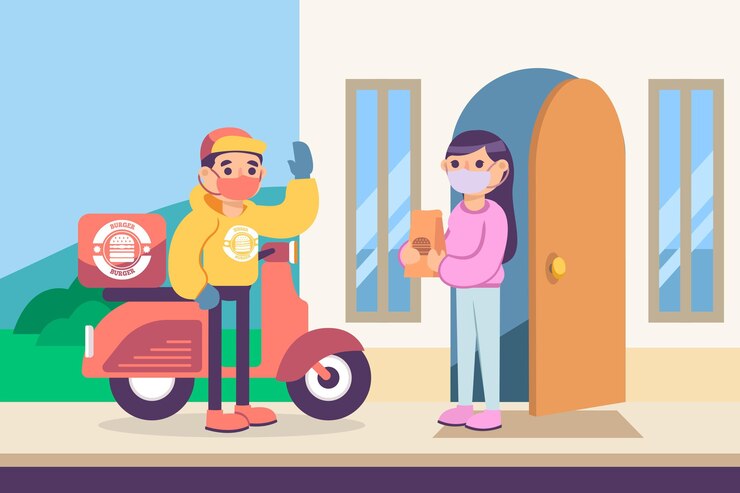What insurance do uber eats food delivery drivers need?
Independent workers can pick up extra shifts through Uber Eats during downtime. You can make some extra money by just delivering food. But if you want to drive for this meal delivery business, you’ll need insurance on the car you’ll use to make deliveries in your name. You must have your liability insurance and the coverage provided by Uber Eats when you are on the clock taking up or dropping off a food order.
You’ll need to show proof of insurance when you join up to deliver for Uber Eats. Your car insurance policy does not cover using your vehicle for work purposes. Taking up side jobs like ridesharing or food delivery falls within this category. Therefore, you should consider supplementing your existing insurance with ridesharing coverage. QuoteRadar Uber Eats Food Delivery Insurance can help you with it. This piece will discuss the specifics of Uber Eats’ insurance needs.
How did meal delivery service insurance work?

Insurance is provided to drivers by all of the leading food delivery businesses, including Uber Eats, DoorDash, Postmates, Seamless, and Grubhub. For instance, Uber Eats and Amazon Flex provide their drivers with car insurance. This protection is just like the regular Uber protection you’d get. It protects you while performing specific actions linked to Uber.
For instance, if you use Uber, your ridesharing insurance kicks in when you accept a pickup request and stays active until you leave off your passenger. The same holds for Uber Eats, where coverage begins when you receive a pickup request and continues until the food is dropped off. This coverage is typically provided to motorists at no additional cost. When you sign on as a company driver, you must agree to a set of terms covering you legally whenever you’re out on the road.
The importance of supplemental coverage:
The insurance for most meal delivery services does not cover you while your car is in transit between deliveries. You may not have car insurance if you wander around town as you await a request. Accidents you cause during this time may result in a claim being denied by your insurer. In recent years, Uber’s insurance policies have been modified to be more accommodating to drivers.
Between deliveries, Uber Eats’ drivers are covered by insurance, and those with full car coverage can get even more through Uber. However, Uber Eats’s car insurance still has limitations and gaps. You may wish to inquire about food delivery insurance or commercial motor insurance from https://www.quoteradar.co.uk/ in light of these limitations.
How do I get additional Uber Eats insurance?

Two insurance policies can primarily cover Uber Eats deliveries: business insurance and ridesharing insurance.
Business insurance:
With the right kind of commercial insurance, you may put your car to work in several different professional capacities. Although it wasn’t explicitly made for on-demand food delivery services like Uber Eats, it will protect you if you use your car for work. However, the premiums may be higher than those for rideshare policies.
Rideshare insurance:
A wide variety of insurance companies provides ridesharing insurance. You may easily include this in your current plan. The average rise in premiums due to ridesharing insurance is 15% to 20%, though this will vary depending on the driver and the car. Your specific cost will be determined by the extent of protection you select and your selected deductible.
Seasonal delivery drivers’ insurance:

Unfortunately, many delivery drivers don’t work year-round. Seasonal drivers who use services like DoorDash and Uber Eats for extra cash should still get comprehensive vehicle collision coverage. A commercial driver’s coverage or a business-use policy may not be necessary if you only drive seasonally, such as during the holidays or summer. Instead, you can get an endorsement for commercial use on your existing personal car policy.
Contacting your insurance agent or making the appropriate changes to your policy on an online portal may be the best option for adding or removing the endorsement. To avoid paying for insurance, they won’t need it during the off-season; seasonal drivers can get endorsements that provide coverage only when required.

















